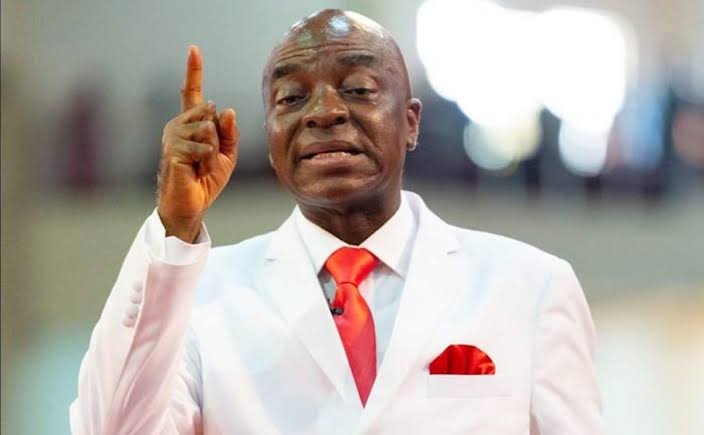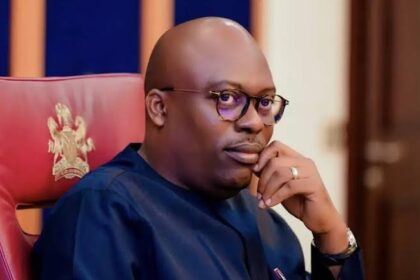A growing number of religious leaders across Africa have accumulated substantial fortunes, igniting a fervent debate about the complex relationship between faith and finance.
These pastors have established vast empires that extend well beyond their roles in the pulpit, diversifying their ventures into various fields such as media, real estate, education, and publishing, among others.
Based on available public estimates and various media reports, here is a list of the top eight richest pastors in Africa:


Their supporters often point to divine favor and impressive entrepreneurial skills as the sources of their wealth, believing that their success reflects God’s blessings.
On the other hand, critics contend that a significant portion of this wealth is derived from the tithes, offerings, and donations generously contributed by their devoted congregations.
Recent estimates underscore the prominence of some of the most influential and affluent pastors on the continent, particularly those hailing from Nigeria and other countries with robust Pentecostal movements.
However, these financial figures are largely speculative, as most churches and ministries choose not to make detailed financial records publicly available.
Based on available public estimates and various media reports, here is a list of the top eight richest pastors in Africa:
1. David Oyedepo (Nigeria)
Topping the list is Bishop David Oyedepo, the founder of Living Faith Church Worldwide, also known as Winners’ Chapel. With an estimated net worth in the hundreds of millions, his wealth is derived from his vast church network, which includes a publishing house, two universities (Covenant University and Landmark University), and an extensive real estate portfolio. He is known for his private jet collection and extravagant lifestyle.
2. Enoch Adeboye (Nigeria)
The General Overseer of the Redeemed Christian Church of God (RCCG), Pastor Enoch Adeboye, is a highly respected and influential figure. His ministry’s global reach, spanning over 190 countries, has contributed to an estimated net worth that positions him among the wealthiest. The RCCG has diversified its holdings into education, media, and various social enterprises.
3. Shepherd Bushiri (Malawi/South Africa)
Known as “Major 1” to his followers, Prophet Shepherd Bushiri is a Malawian preacher and businessman. His wealth, estimated to be over $100 million, comes from a range of businesses, including mining, an airline, and a telecommunications company, in addition to his church, the Enlightened Christian Gathering.
4. Chris Oyakhilome (Nigeria)
Pastor Chris Oyakhilome is the founder and president of LoveWorld Incorporated, also known as Christ Embassy. His wealth, estimated at tens of millions, is driven by his global ministry, which includes satellite television channels, music productions, and publishing ventures.
5. Alph Lukau (South Africa)
Pastor Alph Lukau is the founder and general overseer of Alleluia Ministries International. While born in the Democratic Republic of Congo, he is based in South Africa and is known for his controversial “resurrection” claims and lavish lifestyle, which contribute to his substantial estimated net worth.
6. Uebert Angel (Zimbabwe/UK)
Prophet Uebert Angel, founder of the Spirit Embassy (Good News Church), has accumulated wealth from his church and various business interests. He is a prominent figure in the prosperity gospel movement and his opulent lifestyle is frequently featured in media.
7. Matthew Ashimolowo (Nigeria/UK)
Based in London, Pastor Matthew Ashimolowo is the founder of the Kingsway International Christian Centre (KICC), one of the largest Pentecostal churches in the United Kingdom. His wealth is attributed to his ministry, media enterprise, and real estate investments.
8. Ayo Oritsejafor (Nigeria)
Bishop Ayo Oritsejafor is the founder of Word of Life Bible Church. He is a former president of the Christian Association of Nigeria (CAN) and his wealth is tied to his church and various business interests.
The significant wealth of these religious figures continues to be a subject of intense debate across the continent, raising questions about accountability, charity, and the role of religious institutions in a society grappling with poverty.




